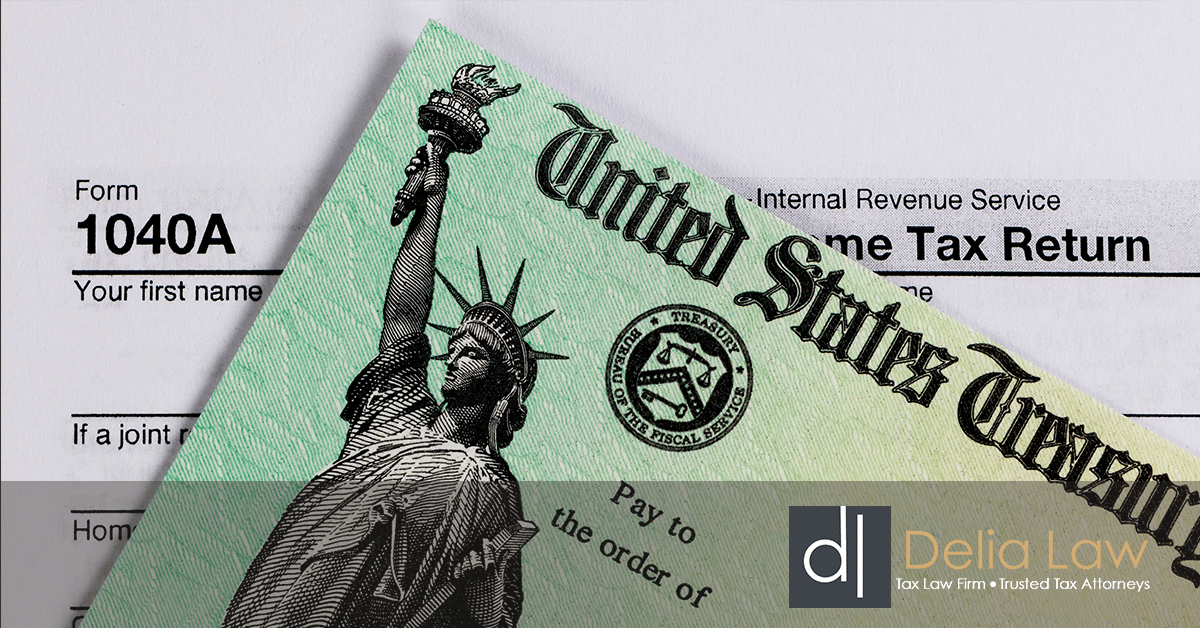Criminal Tax Investigation in San Diego
& Finding a Criminal Tax Lawyer
A criminal tax investigation in San Diego is an inquiry by the Internal Revenue Service (IRS) to determine whether a taxpayer has willfully violated tax laws. The inquiry is conducted by special agents of Criminal Investigation (CI) who have the authority to subpoena records, interview witnesses, and take sworn testimony. If the taxpayer is found to have committed a crime, they may be prosecuted by the Department of Justice. The penalties for tax crimes can include imprisonment, fines, and restitution. These investigations are complex and often take many months or years to complete, as agents must follow a strict set of rules and procedures designed to protect taxpayers’ rights while ensuring justice is served.
What Are the Most Common Reasons for a Criminal Tax Investigation to Be Opened?
The most common reason for the IRS to open a criminal investigation in San Diego is the suspicion of tax evasion. This can be based on several factors, including:
- Inconsistent or incomplete tax records. This may indicate that the taxpayer is deliberately trying to hide income or assets by failing to report them on their tax return.
- Large discrepancies between reported income and lifestyle. If a taxpayer appears to be living beyond their means, this may indicate they are not reporting all of their income. This applies to only the most obvious cases, as many people may have legitimate sources of income that are not reported on their taxes, such as gifts or inheritances.
- Refusal to cooperate with an IRS audit. If a taxpayer refuses to provide the IRS with information that is requested during an audit, it may be an indication that they are hiding something.
- A pattern of filing false or amended returns. If a taxpayer frequently files false or amended returns, it may be an indication that they are trying to avoid paying taxes.
- Repeated failure to pay taxes. If a taxpayer has a history of not paying their taxes, this may be an indication they are trying to avoid paying taxes.
Other red flags that may trigger an investigation include making false statements on a tax return, claiming excessive deductions, or engaging in unusual or complex transactions. In general, the IRS will only pursue criminal charges if there is evidence of willful wrongdoing. However, even taxpayers who have inadvertently made mistakes on their taxes can face serious penalties, including fines and imprisonment. As such, it is always best to err on the side of caution and consult with a San Diego tax professional before filing your return.
How Can You Protect Yourself if You’re Under Investigation for Tax Fraud or Evasion?
If you’re under investigation for tax fraud or evasion, you can best protect yourself by hiring a lawyer. Your lawyer can advise you on what to say and do and will represent you in court if necessary. It’s also important to gather as much documentation as possible to support your case. This could include tax returns, receipts, bank statements, and any other financial records. Organizing your documentation will help your lawyer build a strong defense. Finally, try to stay calm and cooperative throughout the process. Investigators are more likely to treat you leniently if you’re cooperative and honest. Tax fraud and evasion are serious offenses, but taking the proper precautions can give you a better chance of avoiding conviction.
What Are the Potential Penalties if You’re Convicted of a Crime Related to Taxes?
Depending on the severity of the offense, tax-related crimes can result in a range of penalties. For example, San Diego taxpayers who fail to file their return or pay their taxes on time may be subject to a financial penalty. More serious offenses, such as tax evasion or fraud, can result in criminal charges and potential jail time. In addition, convicted taxpayers may be required to pay interest and fines, as well as any back taxes that are owed. They may lose certain privileges, such as obtaining a passport or traveling outside the country. Sometimes, taxpayers may also be required to surrender assets, such as property or investments. That’s why it is essential to consult with an experienced tax attorney if you are facing any tax-related charges.
Delia Law Can Help With Criminal Tax Investigations in San Diego
Delia Law has significant experience representing taxpayers under criminal tax investigation by the IRS. Our firm will work tirelessly to ensure our client’s rights are protected every step of the way. We understand that being the subject of a criminal tax investigation can be a very stressful and frightening experience. We will do everything we can to minimize the disruption to our clients’ lives and help them resolve the matter as quickly and efficiently as possible.
We have a proven track record of success in handling these cases, and we are confident we can get the best possible outcome for our clients. If you or someone you know is under criminal tax investigation, please get in touch with us immediately so we can start working on your defense.
California-Specific Tax Laws

California residents are subject to some of the highest taxes in the nation. The same applies to businesses operating in the state or people living outside of California but earning income from the state.
There are four main types of taxes in California:
- State income tax. For state tax in California, the tax rate for those filing as a married couple range from 1% to 12.3%, depending on the income bracket. If you make under $18,650, you are only required to pay 1% of your income in state taxes. However, the other end of the spectrum imposes a 12.3% tax rate on annual salaries of $1,250,739 or higher. There is also a 1% mental health service tax that is imposed on anyone making more than a million dollars a year.
- Local tax. At the local level, the amount you pay locally depends on the county and city in which you reside. There are a total of 58 counties in California, each with its own tax rate. For example, in El Dorado County, the tax rate is 0.25%, while in Orange County, the tax rate is also 0.25%, but with an additional 1.5% added in for local school taxes.
- Corporate tax. The corporate tax rate in California is 8.84%, which is higher than average nationally. These taxes are imposed on the majority of businesses, regardless of whether they are based in California or operate in the state.
Sales tax. In terms of sales tax, there is a statewide rate of 7.25%, which is again higher than average. However, some areas have rates as high as 10%. These taxes are generally imposed on retail items. Residents and shoppers of the state do get relief from sales tax on some essential items, such as no tax on groceries and prescription drugs, as well as reduced tax rates on clothing, prepared food, and over-the-counter medications.




